What is FDI? Concept & Characteristics of FDI Enterprises
Vietnam conducts Industrialization - Modernization with a low starting point. Economic resources are weak and small. This is one of the great obstacles to the development process. Therefore, the mobilization and use of foreign direct investment (FDI) is an extremely important step.
So what is FDI? Why does it bring such great value? What are the characteristics of FDI enterprises? If you also have questions like the above, Uplevo will explain it to you right in this article.
>>> 6 necessary conditions to establish a business
Main content in the article
1. What is FDI
2. Origin and nature of FDI
3. Main characteristics of FDI
4. The role of FDI
5. Definition of FDI enterprises
6. Characteristics of FDI enterprises in Vietnam Vietnam
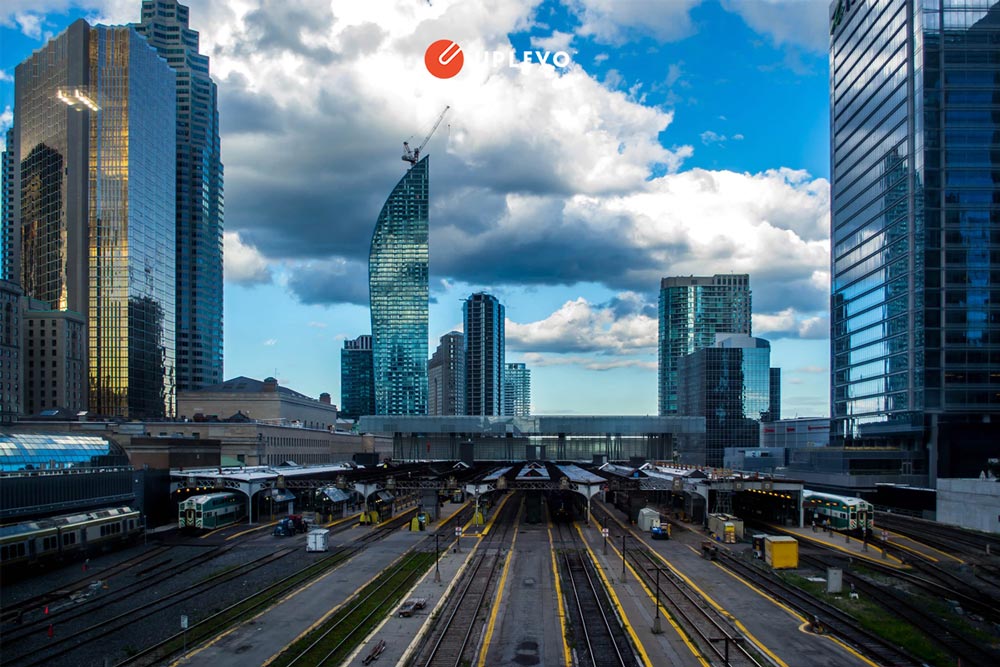
What is FDI?
FDI (Foreign Direct Investment) is a form of long-term investment by an individual or organization from one country to another by setting up factories and business establishments. The aim is to achieve long-term interests and take control of this property.
To explain FDI in more detail, the World Trade Organization gives a definition: Foreign Direct Investment (FDI) occurs when an investor from one country (the host country) acquires an asset in the host country. another country (the country attracting the investment) comes with the right to manage the assets. The regulatory aspect is what distinguishes FDI from other financial instruments.
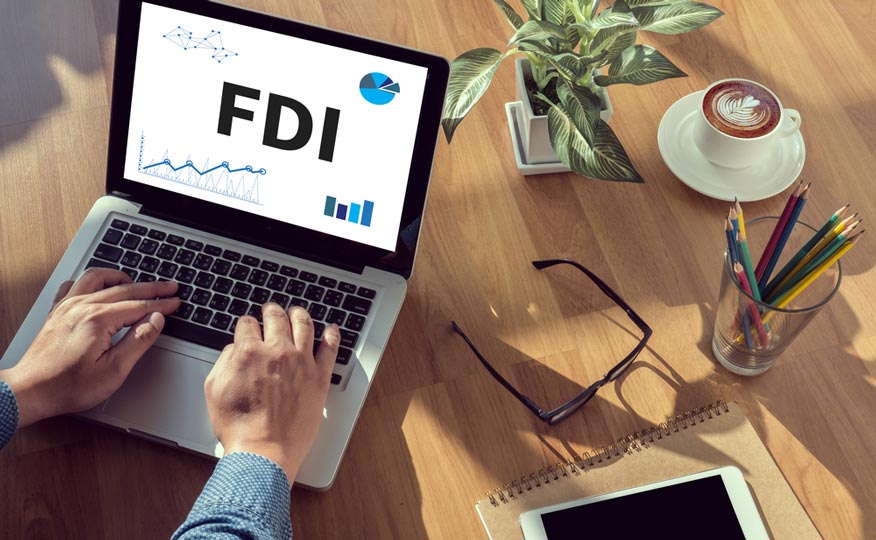
In most cases, both the investor and the assets he or she manages abroad will be businesses. In such cases, the investor is often referred to as the parent company and the assets are referred to as the subsidiary or branch of the company .
Origin and nature of FDI
Although appearing several decades later than other external economic activities, FDI has quickly established its position in international relations. Gradually becoming an inevitable trend of history, an indispensable need of every country in the world.

In essence, FDI is a meeting of the needs of two parties, one is the investor and the other is the country receiving the investment. In it, specifically:
There are established rights and obligations of the investor to the place of investment.
For invested capital, establish ownership and management rights.
Accompanied by the right to transfer technology and techniques of the State to invest with the host country.
Related to the market expansion of multinational enterprises and organizations.
Always associated with the development of international financial markets and international trade.
The main characteristics of FDI
FDI is a feasible form with great economic efficiency. Therefore, the primary purpose of FDI is to bring profits to investors.
The income that the investor earns is business income, not interest. This type of income depends entirely on business results.
In order to attract investment and promote economic development, the invested countries need to have a clear legal corridor.

The percentage of contributions of the parties in the charter capital or legal capital is the basis for defining the rights and obligations of each party. At the same time, the return and risk of investors also correspond to this ratio.
Investors have the right to make their own investment decisions, production and business decisions and are responsible for their own profits and losses. Besides, they are also free to choose the investment field, investment form... Therefore, they can make the most suitable decisions that bring high profits.
In order to participate in controlling or controlling the investment enterprise, the investor must contribute a minimum amount of capital, depending on the regulations of each country.
Usually, FDI is done through new construction or acquisition of part or all of an existing enterprise, by buying shares for confirmation.
The role of FDI
Positive effects of FDI
Because foreigners are the ones who directly manage and manage capital, they have high responsibility and good skills.
Exploiting abundant mineral resources and labor resources. Increase the number of jobs and train high-quality workers.
Expanding the consumption market entails a large scale of production, increased production, and reduced product costs in line with consumers' incomes.
Avoid protectionist trade barriers and trade fees of the host country.
Supplementing capital for domestic socio-economic development, promoting economic growth.
Create a large budget revenue for both sides.
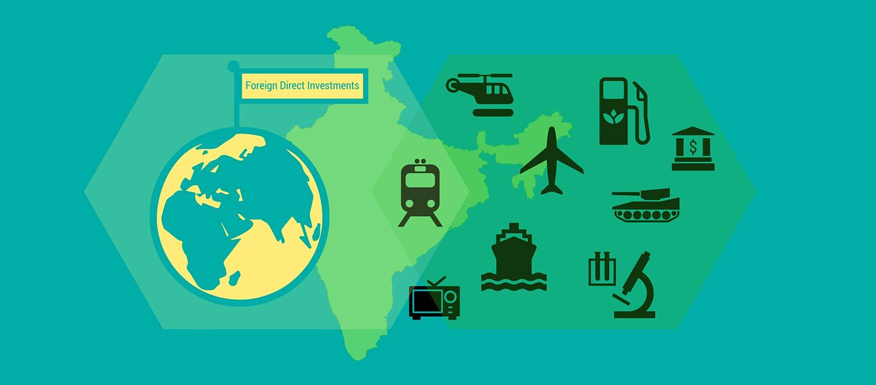
Negative effects of FDI
It is undeniable that the positive effects that FDI brings, but also cannot ignore its negative effects. Especially in business, early recognition of the negative aspects of a problem will be an advantage, in order to build the right plans and directions.
For FDI, the following typical negative effects cannot be avoided:
Faced with many burdens in the new environment of politics, armed conflict. Or simply internal disputes, conflicts about differences in traditional thinking.
If the enterprise makes investment abroad, the domestic investment capital will be lost. It makes it difficult to find capital for development, pressure to create jobs in the country, which can lead to the risk of economic recession.
Domestic policies can be changed because when making investment requirements, investors often have measures to lobby the State in their favor.
In the process of competition between enterprises, there will be a continuous change of capital flows, leading to the economic balance being moved.
Both positive and negative impacts directly affect the ecological environment and people's lives. Therefore, our state needs to have open policies, listen to negotiations and be willing to cooperate. On the other hand, tighten management and strictly monitor business activities.
All to serve and ensure the legitimate and legitimate interests and interests of the people.
Definition of FDI enterprise
In fact, there are many different definitions and different perspectives on FDI enterprises. However, in the most general and concise way, it can be understood that: FDI enterprises are enterprises with foreign investment capital and use this capital most of their business activities.
The concept of FDI enterprises is a general concept, regardless of how much the foreign party's capital contribution ratio is compared.
There are two main types of FDI enterprises:
Enterprises with 100% foreign capital.
Business venture between foreign and domestic partners.
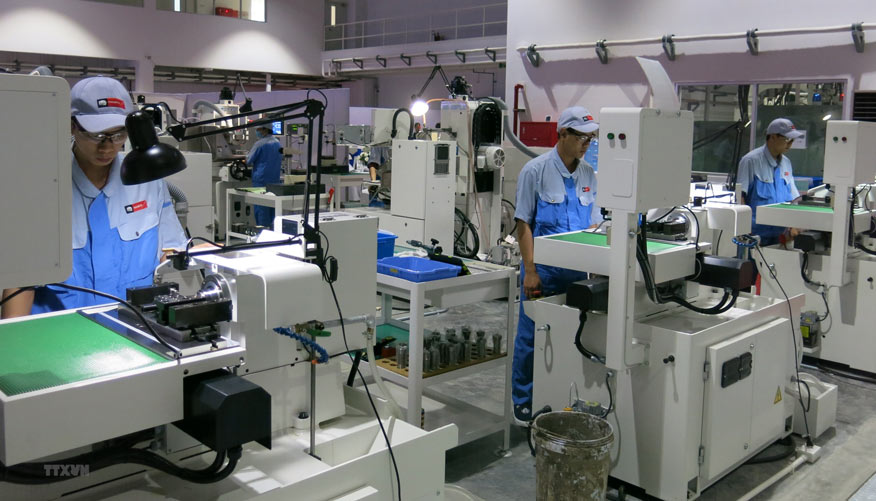
Currently, with the context of economic integration, this type of business is increasingly popular in many countries around the world, including Vietnam. Through direct investment from abroad, we have accumulated many modern technologies. Prominent in the fields of electronics, chemicals, oil and gas exploitation, telecommunications.
Some industries that use a lot of domestic labor and raw materials such as textiles and garments, shoemaking, etc. have also achieved average and advanced technologies in the region. This is a favorable environment, creating opportunities to develop a number of key industries of the country.
It can be said that foreign direct investment capital and new business methods have created a fiercely competitive domestic market. It is both a challenge and a driving force for domestic enterprises to innovate product quality and apply modern business methods.
Indeed, it is undeniable that FDI enterprises have made great contributions to the country's economy in recent years.
Characteristics of FDI enterprises in Vietnam
Vietnam's FDI enterprises are located in Vietnam's territory, subject to macro management, and influenced by the state's political, socio-economic situation. At the same time, the opposite effect is for Vietnam. At the end of the prescribed time limit (about 50 - 70 years), the FDI enterprise must be dissolved or transferred back to the Vietnamese side.
Normally, an FDI enterprise is not only owned by each of our countries but also by other multinational companies. Therefore, its decisions are not entirely dependent on Vietnam's legal framework.
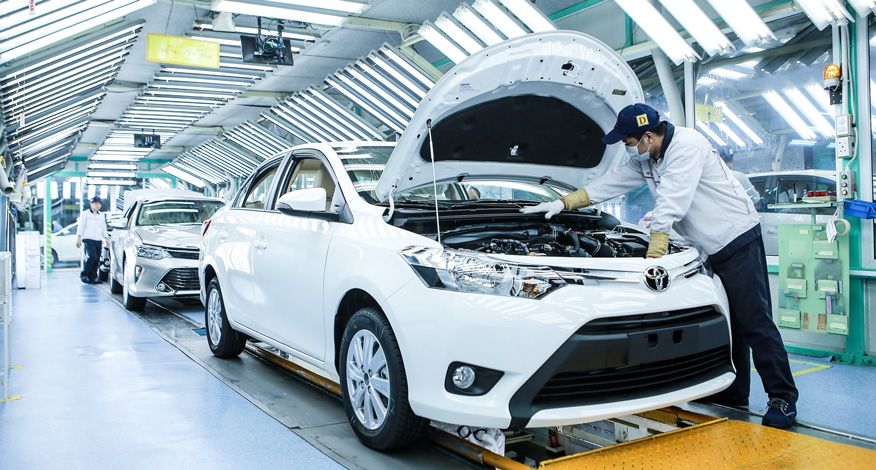
FDI enterprises have direct participation in the management of foreign countries, the management right depends on the capital contribution ratio between the two parties. However, when investing in Vietnam, they are all Vietnamese legal entities, born, operating and being governed by many legal systems of Vietnam.
The business culture of FDI enterprises is relatively complicated, even disagreements may occur due to differences from many factors. Therefore, our country must carefully and fully prepare the necessary conditions to do business with foreign investors in an equal and effective manner. At the same time, minimize the losses and risks to your disadvantage.
In fact, for the socio-economic development of Vietnam, FDI has a fairly clear role and has been confirmed in many fields. According to recent statistics, the country has over 15,000 valid FDI projects with a total registered capital of 218.8 billion USD, implemented capital reaching 106 billion USD.
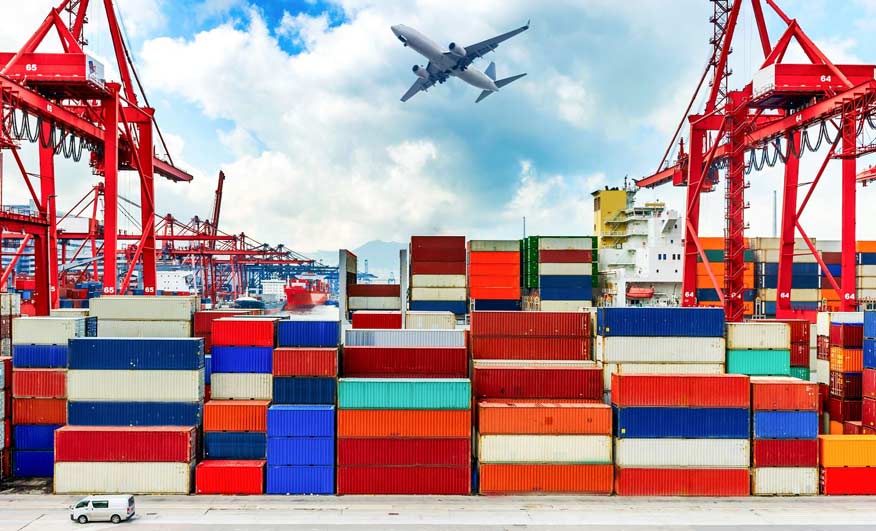
However, on the way to building a stronger and stronger national economy, to make precise and effective steps. Requires regulations to screen FDI projects in the coming period. Absolutely do not exaggerate the attraction by width, but ignore the quality of investment attraction.
>>> Types of Enterprises in Vietnam
The journey of more than 30 years of attracting foreign direct investment of Vietnam is associated with the comprehensive renovation of the country and international integration of the economy. The FDI sector has become an indispensable factor in the rapid and stable development of the Vietnamese economy.
It is not only an environment to promote internal resources to carry out the doi moi process, but also a basis for transforming a centrally planned and subsidized economy into a socialist-oriented market. In the future, if appropriate policies continue to be developed and agreed between the two sides, FDI promises to help Vietnam enhance its global competitiveness.